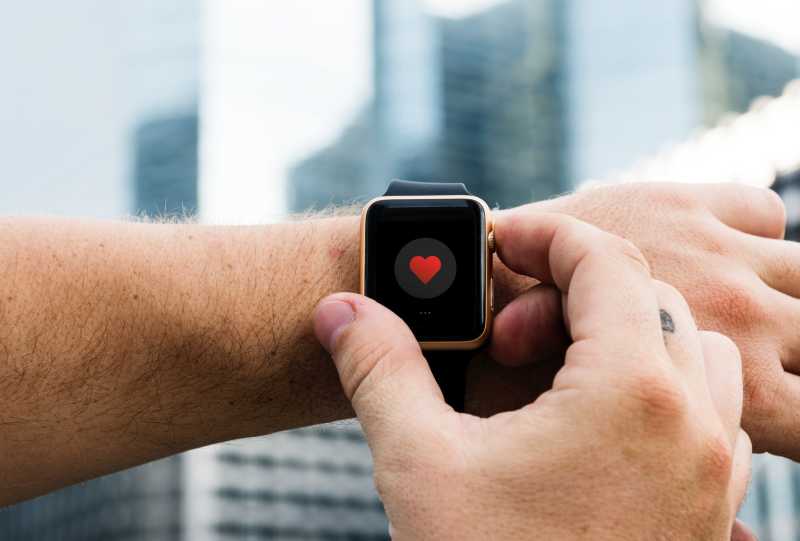Hundreds of wearables are being released into the market on a daily basis. With Apple Watch selling into the millions and established brands like Casio developing their own smartwatches‚ wearable products show no signs of slowing down.
Smartphones have transformed the way we interact with everything in our daily life. Instead of standing in the road to hail a cab‚ a simple tap on your smartphone or smartwatch will bring the taxi directly to you.
This is just one example. These devices enable us to manage everyday tasks with our fingertips – including our workflow. Of course‚ most would argue that you cannot work from smartphones alone. However‚ mobile app developers are working hard to ensure that we no longer need to switch on our laptops and systems to complete those small but essential tasks.
In fact‚ it isn’t hard to imagine a not-to-distant future where employees can work solely from their smart devices. One industry we think wearables could drive forward is auto manufacturing. Let’s take a look at how:
Holographics
If we break down the manufacturing process of an automobile‚ the design stage comes first. Designing an automobile is incredibly complex and time-consuming; designers must conceptualise the vehicle‚ before producing samples in 3D modelling software. Even for the most experienced‚ talented designers‚ the inability to see their creation in full 3D view can present limitations. With devices like HoloLens‚ designers can project their automobile into the air‚ to inspect it properly before they forward it on to the next stage.
3D Printing
Next‚ the designers and engineers must work together to create an automobile model‚ to the exact design specifications. 3D printing technology has the power to transform this phase; devices like MIT’s experimental 3D printer can print with 10 different materials at the same time. Although 3D printing doesn’t fall into the wearables category‚ it’s a poignant example of how technology is creating a future where automobiles are taken from design to completion in just a few hours.
Interactive Models
Once a model is created‚ individual components must be designed and manufactured. There are multiple machines and processes which the automobile has to move through before it becomes fully functional. During this process‚ engineers must conduct rigorous testing to ensure that particular parts fit and function perfectly.
Devices like HoloLens can produce an exact replica of the model‚ which engineers can interact with by adding and removing various layers. In doing so‚ they identify the location of particular items and figure out how they can be placed effectively‚ saving both time and money in these crucial stages.
Smart Controls
Car manufacturing requires workers to manage and collaborate with robots‚ which enable them to lift and install heavy parts into the automobile. However‚ the risk of malfunction is ever-present during this phase; if a problem does occur‚ stopping production as swiftly as possible is essential. An emergency button‚ placed on an app designed by a mobile app developer‚ would enable users to quickly cease operation during an emergency‚ by simply tapping their smartphone or wearable smartwatch.
The internet of things is evolving on a daily basis. As devices and ecosystems become more sophisticated‚ so too are the benefits and security of using them. We have no doubt that before long‚ this concept will be adopted on a large scale within the manufacturing industry – wearables and the internet of things are practically in the same ecosystem.
Manufacturers can work with mobile app developers to create intelligent apps‚ enabling designers and engineers to control each step of the manufacturing process. In doing so‚ they can ensure more efficient production‚ more precise results‚ and more competitive prices.






